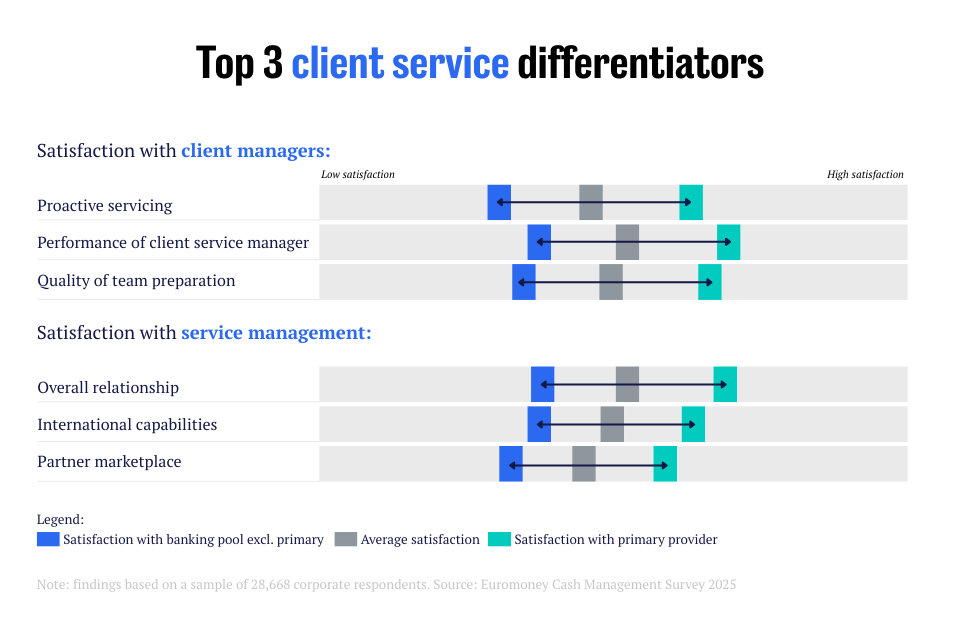Sceptics claim that the clustering tactic is now being used to thwart genuine shareholder activists seeking to press their case for improved corporate governance. Whatever the truth, this year’s congested proxy season is especially noteworthy as the year of the poison pill defence scheme.
According to research by HSBC, by the end of 2006 a total of 172 companies in Japan had already installed some form of takeover defence mechanism since they were first permitted in 2004.
Access intelligence that drives action
To unlock this research, enter your email to log in or enquire about access



